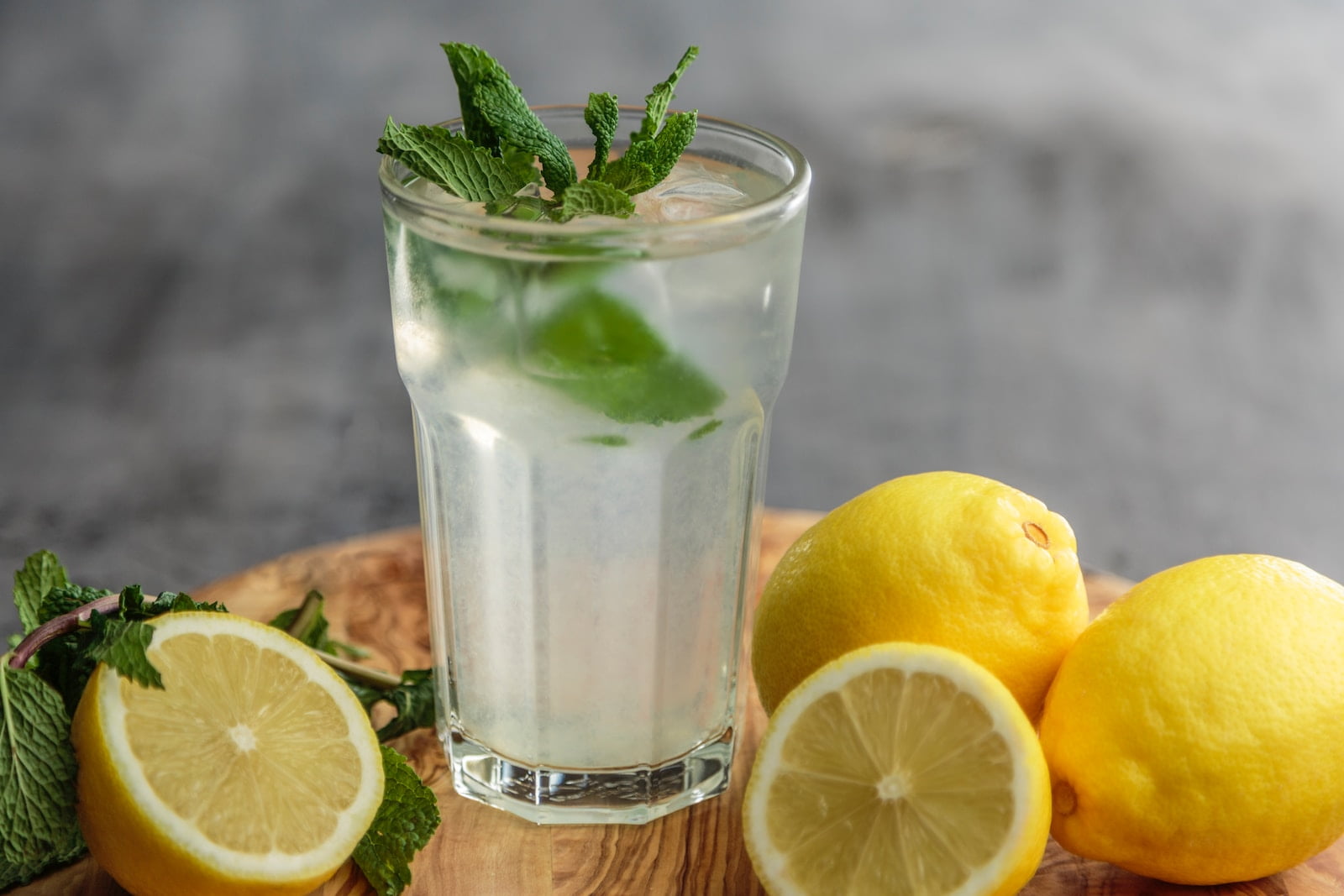The Myth of Constant Hydration
In modern times, there’s a widespread belief that we need to be constantly sipping water throughout the day. But was this the case with our ancestors? Surprisingly, no. They did not carry water bottles everywhere, yet they managed to stay hydrated. This brings us to question the current push for frequent hydration.
Do We Really Need 8 Glasses a Day?
The commonly held advice to drink eight glasses of water daily may not be as necessary as we think. Our body composition does include a significant amount of water, but our hydration needs might not be as frequent as we’ve been led to believe.
Understanding the Role of Thirst and Oxytocin
Recent research reveals an interesting connection between thirst and the hormone oxytocin, often associated with trust, love, and stress reduction. Thirst can actually trigger the release of oxytocin, which has the potential to lower cortisol, a stress hormone.
The Benefits of Intermittent Drinking
Just like intermittent eating has its benefits, drinking water intermittently can be more beneficial than constant sipping. Our ancestors drank water less frequently, usually in response to actual thirst, which could trigger beneficial hormonal responses.
The Overhydration Myth
Being overhydrated might not be as beneficial as it’s often portrayed. Drinking too much water can actually dilute essential electrolytes like sodium, leading to a condition known as hyponatremia. This imbalance can cause fatigue, weakness, and even stress the sympathetic nervous system.
Listen to Your Body: Thirst and Sodium Cravings
It’s essential to pay attention to your body’s signals. Are you genuinely thirsty or just drinking out of habit? Similarly, cravings for salt shouldn’t be ignored, as they indicate your body’s need for electrolytes to stay hydrated properly.
How Much Water Should You Drink?
The answer varies based on individual needs and activities. While it’s crucial to replace the water lost through breathing, sweating, urinating, and other bodily functions, the amount needed can differ from person to person. Instead of adhering to a strict rule, listen to your body’s thirst signals.
The Impact of Environment on Hydration
Interestingly, low humidity levels, common in winter, can extract moisture from our bodies. This means hydration is just as important in colder months, even though we might not feel as thirsty.
The Downside of Plastic Water Bottles
A concern that often goes unnoticed is the microplastic particles we consume from plastic water bottles. With each twist of a plastic cap, we could be releasing these particles into our water, posing a risk to our health.
Key Takeaways for Healthy Hydration
- Listen to Your Body: Drink water when you’re actually thirsty, not just out of habit.
- Understand Thirst: Thirst signals can be beneficial, triggering helpful hormonal responses like the release of oxytocin.
- Mind Your Electrolytes: Pay attention to sodium levels. Hydration isn’t just about water; electrolytes like sodium are crucial.
- Be Mindful of Your Environment: Remember that your hydration needs can change with the environment, especially during low humidity conditions.
- Consider the Container: Be aware of the potential health risks associated with plastic water bottles.
Conclusion: A Balanced Approach to Hydration
Hydration is undoubtedly important for our health, but it’s essential to rethink our habits around it. By understanding our body’s natural signals for thirst and the role of electrolytes, we can approach hydration in a more balanced and health-conscious way. Remember, it’s not just about the quantity of water but also the quality and timing of our hydration.


























